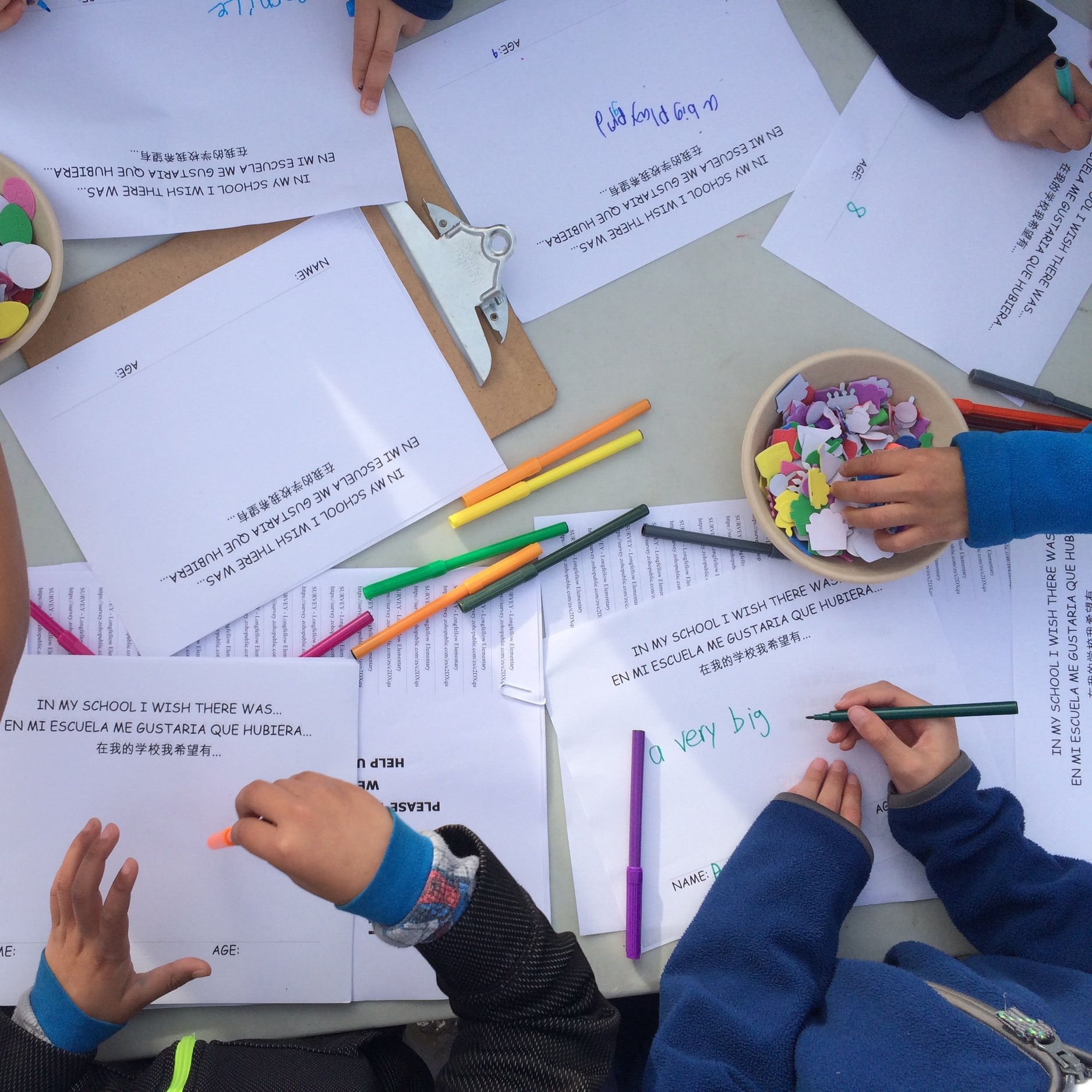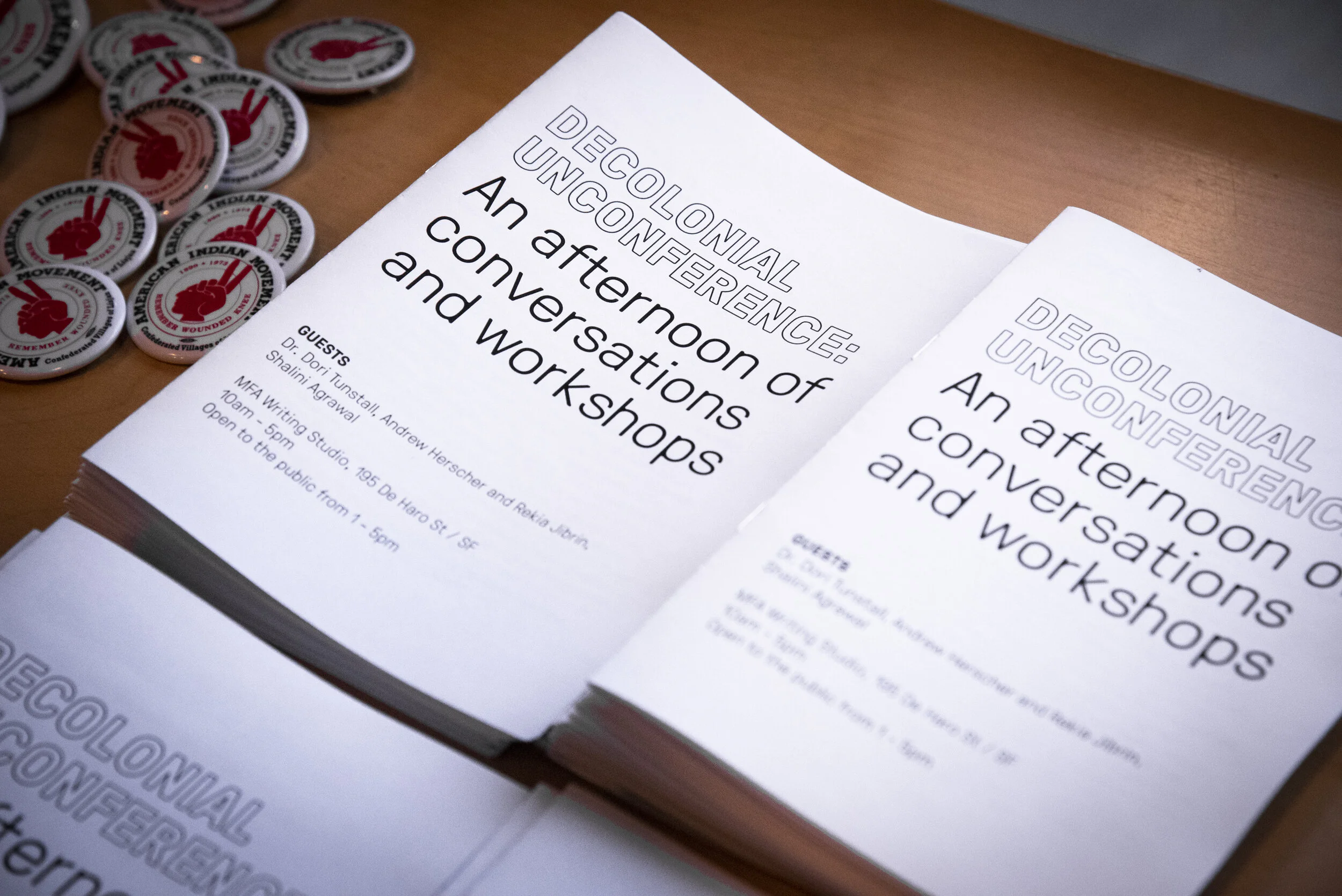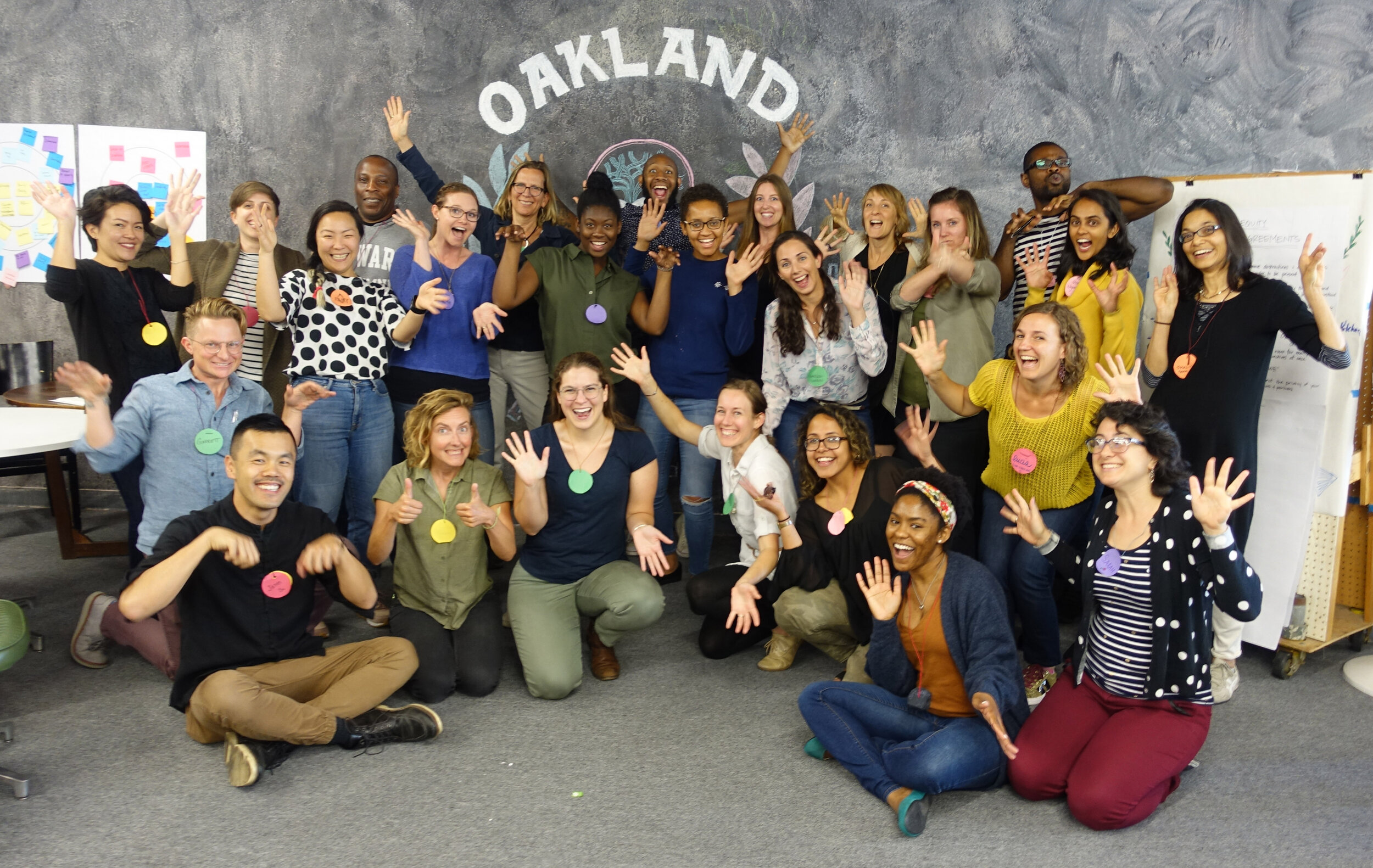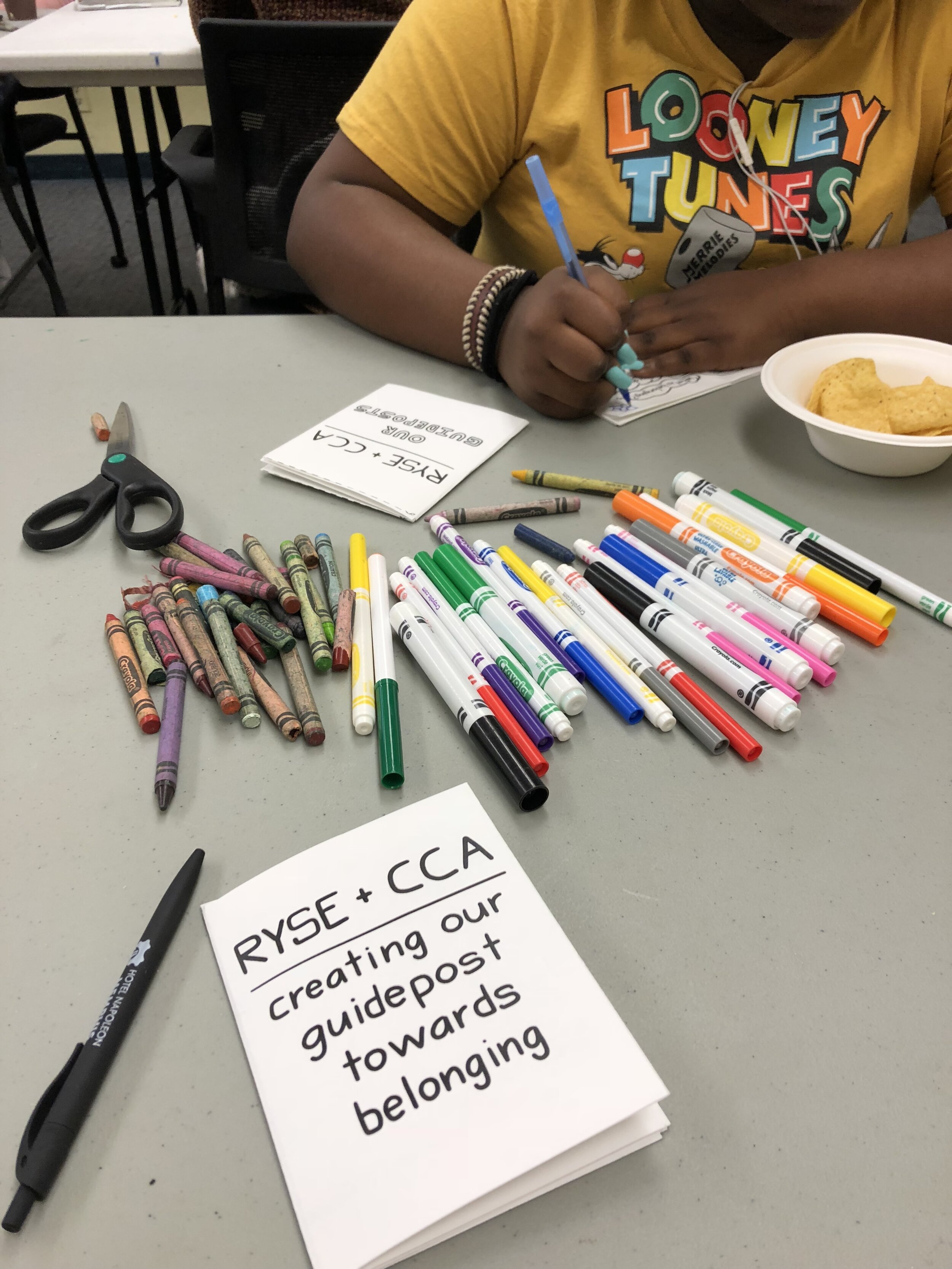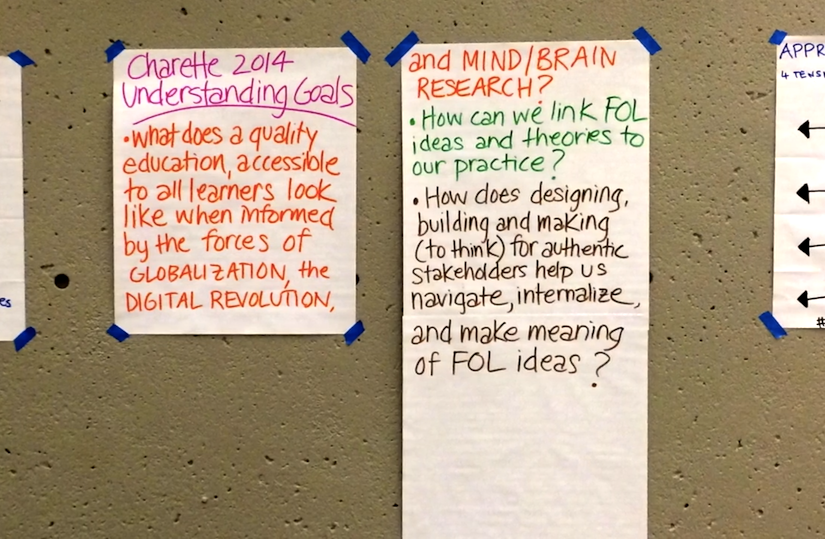Pathways of Practice
Interdisciplinary, engaged, meaningful
Shalini's design practice emerges through her art, architecture, teaching, writing, speaking, workshops and advocacy. Her notable career includes co-founding a community design nonprofit, championing and educating the next generation of creative leaders at the university-level, weaving a network of diverse public interest designers, mentoring and sponsoring women of color in design and architecture, and advocating for the importance of equity in design and architecture.
Shalini continues to pioneer and push boundaries as she explores and proves the value of design practices that are meaningful, collaborative and positively transform communities.
